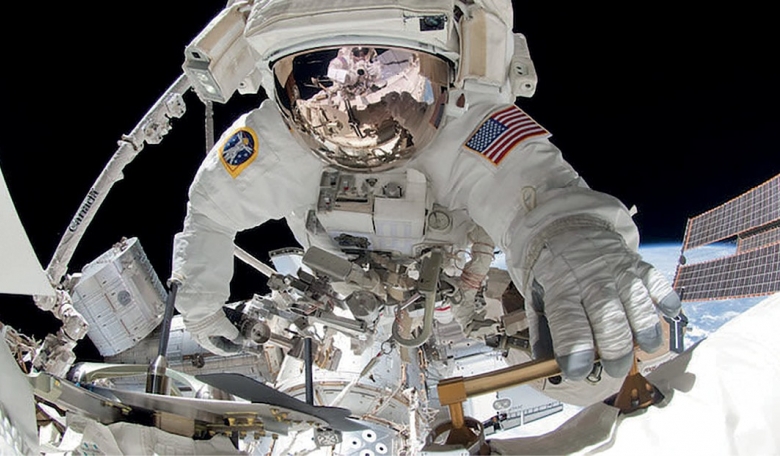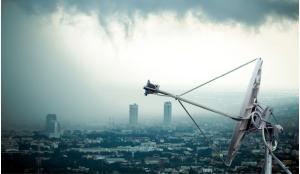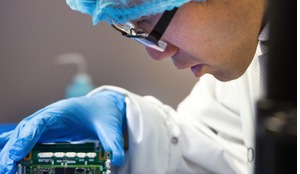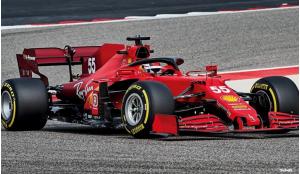Space cardiology is of the utmost importance in space medical studies and in this article Mexico’s father of space medicine Ramiro Iglesias and cardiologist Jorge Kuri provide an overview of the human cardiovascular system and look at how ‘normal’ cardiology on Earth differs substantially from what becomes ‘normal’ in space.
During extended flights in Earth orbit, on an interplanetary trajectory or in orbits around other planets where normal gravitational forces disappear, the body enters a state of weightlessness or zero-g, allowing astronauts and objects to float freely within the confines of their spacecraft.
Modifications and changes that occur to the cardiovascular system under these conditions are an important part of an astronaut’s physical adaptation process to living in an environment so different to that of Earth.
As the body adapts to the physiological challenges associated with living under the extreme environmental conditions in a zero-g environment the cardiovascular system adjusts itself accordingly.
The significant functional, anatomical and pathological changes experienced by an astronaut’s cardiovascular system in microgravity provide vast amounts of valuable data about the physiological conditions of an astronaut at any given time.
Read more of Iglesias' and Kuri's insightful analysis of how space affects the the human cardiovascular system in the full version of the article, available now to our subscribers.














